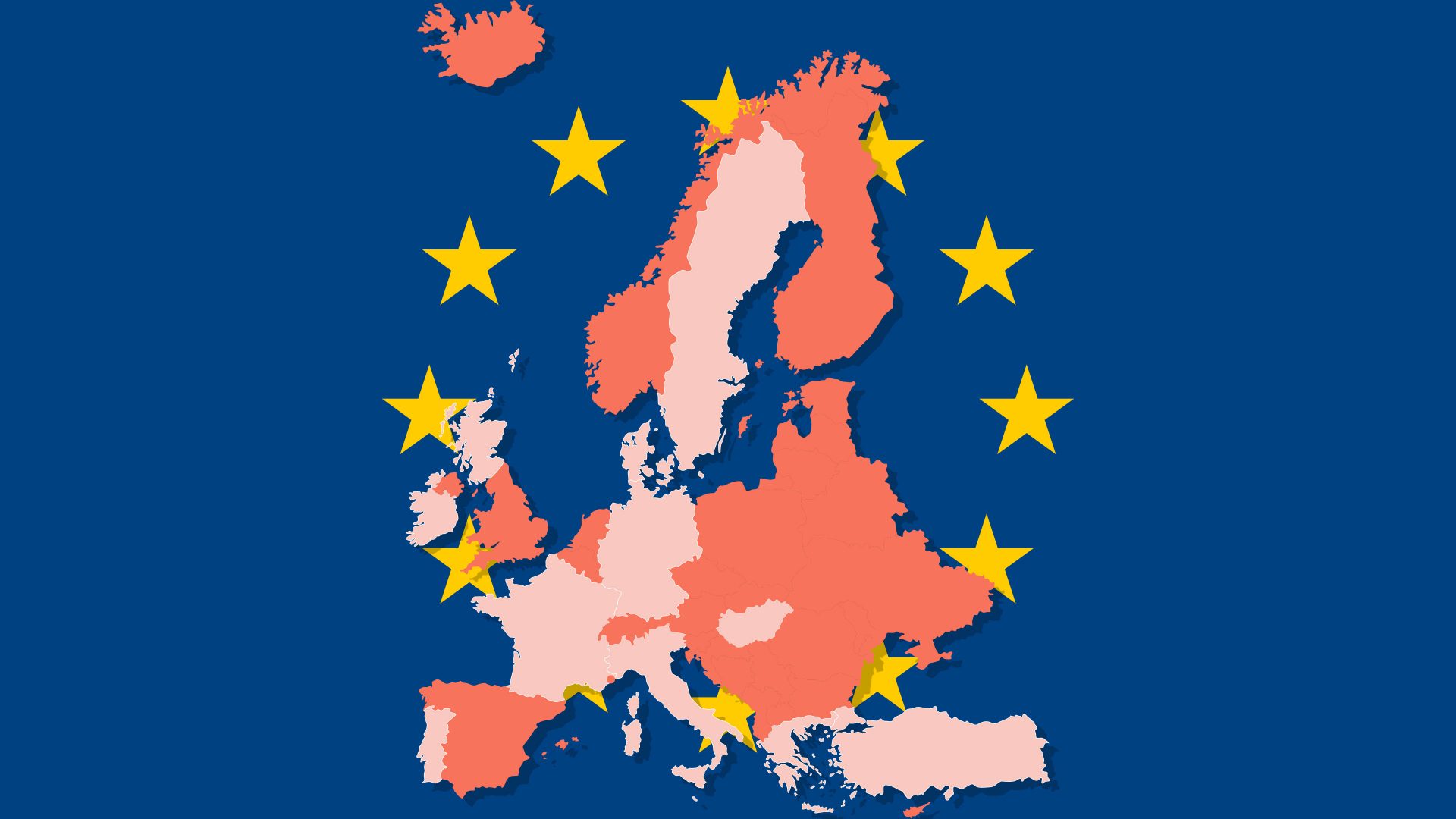Ukrainian Catholics have always celebrated Christmas on December 25. But this year many of the country’s Orthodox Christians – whose celebrations are normally on January 7 – moved them forward to the western date, such was their desire to sever symbolic connections with Russia. It’s a thousand-year tradition broken in an instant and an illustration of a truism in international relations: just as you don’t get to choose your enemies, you don’t get to choose your allies.
In the space of 10 months, the traditional place of Ukraine in the west’s collective mind-map has shifted. It is not only the central recipient of western aid, intelligence, arms and diplomatic focus. Once Vladimir Putin is defeated, Ukraine – with its vast resources and population of 41 million – will be set on course to become a major European power.
Unfortunately, none of this was anticipated in the March 2021 Integrated Review – the Johnson government’s ill-fated attempt at designing a post-Brexit “grand strategy”. Ukraine is mentioned just twice. Afghanistan, likewise, gets the business-as-usual treatment. And Taiwan – which faced an incursion into its airspace by 43 Chinese warplanes on Boxing Day – was not mentioned at all.
Instead, the Johnson administration set about designing a fantasy future for the UK. Under the rubric “Global Britain”, it would dictate the new terms of trade in the post-Brexit world. It would become a “science superpower by 2030”. Above all, it would execute an “Indo-Pacific Tilt” in defence and security priorities. There would be a “regular drumbeat” of deployments of Britain’s aircraft carrier group to the Pacific. Given Britain’s limited resources, its Nato commitments in Europe would be deprioritised.
Published on the day after Putin began his first troop build-up on the borders of Ukraine, the integrated review – in retrospect – looks like the most ill-timed piece of hubris. Liz Truss, rightly during her brief term in office, ordered a refresh of the review – a process currently taking place behind closed doors and set to finish by April.
Yet it is still common to hear senior voices in Whitehall defend the essential concept behind the review: that we are not a “continental power” but one that must focus on global reach using maritime power; and that our reliance on economic globalisation (and therefore trade with Asia) somehow mandates that the Royal Navy be primarily tasked with keeping open vital sea lanes rather than, for example, protecting the internet cables that connect Shetland and the Orkneys to the mainland, mysteriously cut in October.
If it were up to me we would scrap the review and start again. It is not, unfortunately, some notional document: its central conclusions have informed both the Defence Command Paper and the Defence Industrial Strategy, and would – if we actually had one – dictate the priorities of the long-promised National Resilience Strategy.
There was no comprehensive national security risk assessment to inform the original review: that’s why, having identified Russia as “the most acute threat” to our national security, it blithely redirected our military and security resources to Asia, and assumed the Afghan government would survive. Meanwhile, the fiscal reality has changed: Johnson launched the integrated review on the assumption of permanent Treasury largesse. Now, thanks to inflation and Jeremy Hunt’s budget, the Foreign Office faces a 36% real-terms cut to its budget between 2020 and 2025, while defence spending is flat.
In the real world, Britain is obliged to act as a “continental power”: it has assumed leadership of the Joint Expeditionary Force – a military alliance whose eastern front is Finland’s border with Russia; it has assumed moral and practical leadership in European solidarity with Ukraine. And Russia is no longer simply the “most acute threat”: its state TV pundits nightly fantasise about using a nuclear torpedo to create a 500m tsunami that drowns everybody in Liverpool, Belfast and Glasgow.
That means the “Indo-Pacific Tilt” has to be scrapped – both as language, concept and practical priority. The UK’s limited defence and security budgets need to be focused on building the forces that can deter Putin from attacking other European allies, bolstering the security of Ukraine and – yes – preparing the defeat and fall of the regimes in Minsk and Moscow.
The tragedy is that Johnson, and the review’s lead author, John Bew, got the aspiration right: a statement of grand strategy, demanding practical changes in force design, industrial strategy and defence thinking. They understood, rightly, that the rules-based global order was about to fragment, and that Britain would have to act creatively to shape what would replace it.
The challenge now is to make an unapologetic handbrake turn and ask the force designers, the technologists, the doctrine specialists and intelligence experts to go with it. We cannot afford a typical British fudge. Given that all budgets are under pressure and also that high-tempo conventional war is on our doorstep, the government has to have the courage to make real choices. We need our armed forces focused on Europe and Nato, not the Pacific.
We need to build and strengthen alliances, not “networks”. We need a National Resilience Strategy that informs all aspects of energy, climate, public health and social cohesion policy. Above all we need politicians prepared to level with the public that this stuff is important, not just some cerebral exercise for diplomats and think-tanks.
Early in 2023, I want to hear Rishi Sunak say: the Indo-Pacific Tilt is scrapped; it was ill-timed; our obligations to our allies in the Pacific region will be best fulfilled by securing order in Europe. Our “tilt” will be towards where the threat lies, and where our most beleaguered allies lie




